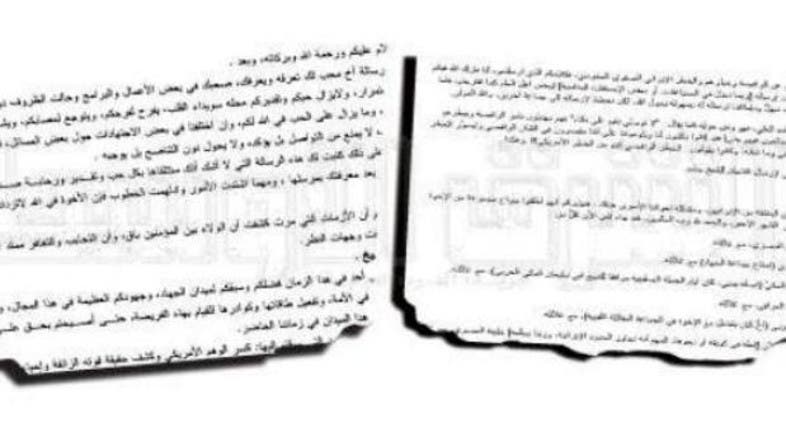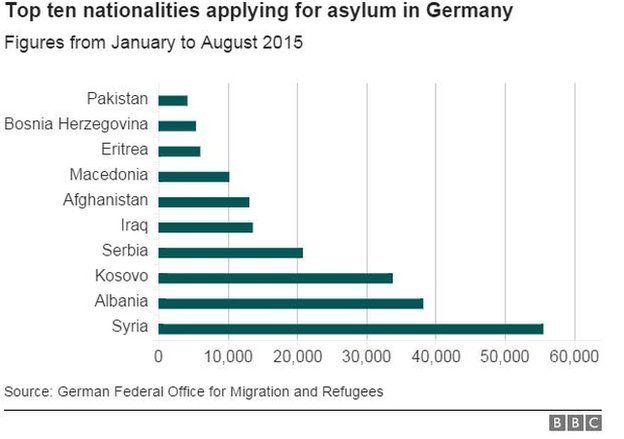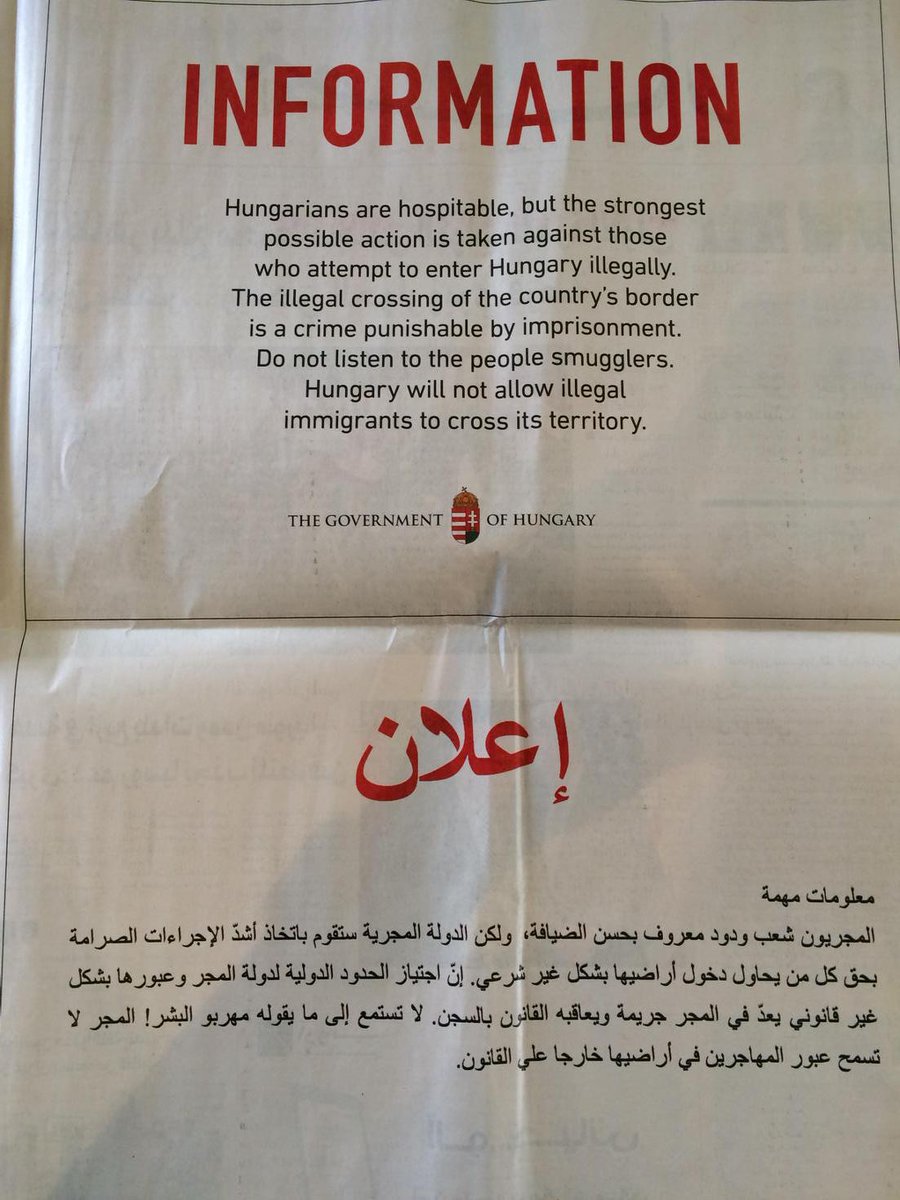So, if we know this, imagine what Barack Obama, Hillary Clinton, John Kerry and the Democrats in Congress know that they would approve a nuclear deal with Iran much less trust them? ‘Death to America’ then and now is real.
Bin Laden’s secret documents reveal Iran-Qaeda ties

Documents belonging to Osama bin Laden, the former leader of Al-Qaeda, obtained by Alsharq Alawsat newspaper, reveal a “close relationship” between Iran and Al-Qaeda’s commanders and high ranking members, which began in the era of the nineties the paper has reported.
The documents, confiscated by U.S. forces after killing Bin Laden in 2011 in his hideout in Abbottabad, Pakistan, show Al-Qaeda was moving comfortably inside Iran, and indicate that the organization, at some point, planned to establish an office in Tehran in 2006. But it receded and rejected the idea because of the excessively high costs.
According to the documents, the Iran dealing with the organization dates back to the period of the nineties, during the presence of the leaders of Al-Qaida in Sudan, due to the consolidation of the then Iran-Sudan ties.
The U.S. counter-terrorism expert Paul Krishnak told Alsharq Alawsat that U.S Treasury freeze of six leaders of the organization present in Iran “confirms that Tehran was an important link in financing the network’s branchs in Pakistan and Afghanistan.”
In addition, the documents show that despite the relations with Iran, Bin Laden, who was dealing cautiously with Tehran, warned his followers that the Iranian “might play a role” in selling them.
***
PanARMENIAN.Net – The government of Iran released five senior members of Al Qaeda earlier this year, including the man who stepped in to serve as the terrorist group’s interim leader immediately after Osama bin Laden’s death, and who is the subject of a $5 million bounty, according to an American official who had been briefed on the matter, the New York Times reports.
Iran’s release of the five men was part of a prisoner swap in March with Al Qaeda’s branch in Yemen, the group holding an Iranian diplomat, Nour Ahmad Nikbakht. Nikbakht was kidnapped in the Yemeni capital of Sana in July 2013.
The Iranian government, in a statement on Thursday, September 17, after the release was reported by Sky News earlier this week, denied that the five men had been freed. The American official, who was granted anonymity to discuss the matter, confirmed the release of Saif al-Adl, a senior member of Al Qaeda’s ruling body, known as the Shura Council, who oversaw the organization immediately after bin Laden was killed by Navy SEALs in Pakistan in 2011.
Of special concern is the release of Mr. Adl, a former colonel in the Egyptian military believed to be in his 50s, who is listed on the F.B.I.’s Most Wanted Terrorist list, and who was indicted in the 1998 United States Embassy bombings in East Africa. Qaeda operatives have described him as the organization’s operational boss. ***
It is not known when the men were apprehended by Iran.
Lt. Gen. Michael T. Flynn, who served as head of the Defense Intelligence Agency before retiring, said Adel’s release will serve as “a shot of energy” in the leadership branch of al Qaeda.
“The collusion between al Qaeda and Iran is something we have seen before and this trade, if known by the U.S., should have been included as part of the Iran deal negotiations,” Flynn said.
***
There is more as in December of 2011, a U.S. District Court ruled that Iran had deep ties and collusion with al Qaeda beginning in the mid 1990’s based in Sudan. What is more forgotten is the chapter of the 9/11 Commission Report stating the same in full detail.
Iran – Al Qaeda links are not new. Ties between the two were initiated in the early 1990’s when Hasan Al-Turabi, the leader of Sudan’s National Islamic Front, began to encourage Sunni-Shia reconciliation in order to defeat the common enemy, namely America and its allies. According to the U.S. court record for the 1998 U.S embassy bombings, Osama was living in Khartoum when the Sudanese religious scholar Ahmed Abdel Rahman Hamadabi brought Sheikh Nomani, representing the Iranian Shias, to meet the Al Qaeda leadership. Sheikh Nomani “had access to the highest echelons of power in Tehran.”
As a result of this meeting, “Iran and Al Qaeda reached an informal agreement to cooperate, with Iran providing critical explosives, intelligence, and security training to bin Laden’s organization.” This meeting was the first in a series of meetings between Iran and Al Qaeda.
The 9/11 Commission Report has a section devoted exclusively towards investigating Iranian ties to Al Qaeda entitled, “Assistance from Hezbollah and Iran to Al Qaeda.” The report states that shortly after these meetings in Sudan in late 1991 or 1992, “senior Al Qaeda operatives and trainers traveled to Iran to receive training in explosives. In the fall of 1993, another such delegation went to the Bekaa Valley in Lebanon for further training in explosives as well as in intelligence and security. Bin Laden reportedly showed particular interest in learning how to use truck bombs such as the one that had killed 241 U.S. Marines in Lebanon in 1983. The relationship between Al Qaeda and Iran demonstrated that Sunni-Shia divisions did not necessarily pose an insurmountable barrier to cooperation in terrorist operations.”







